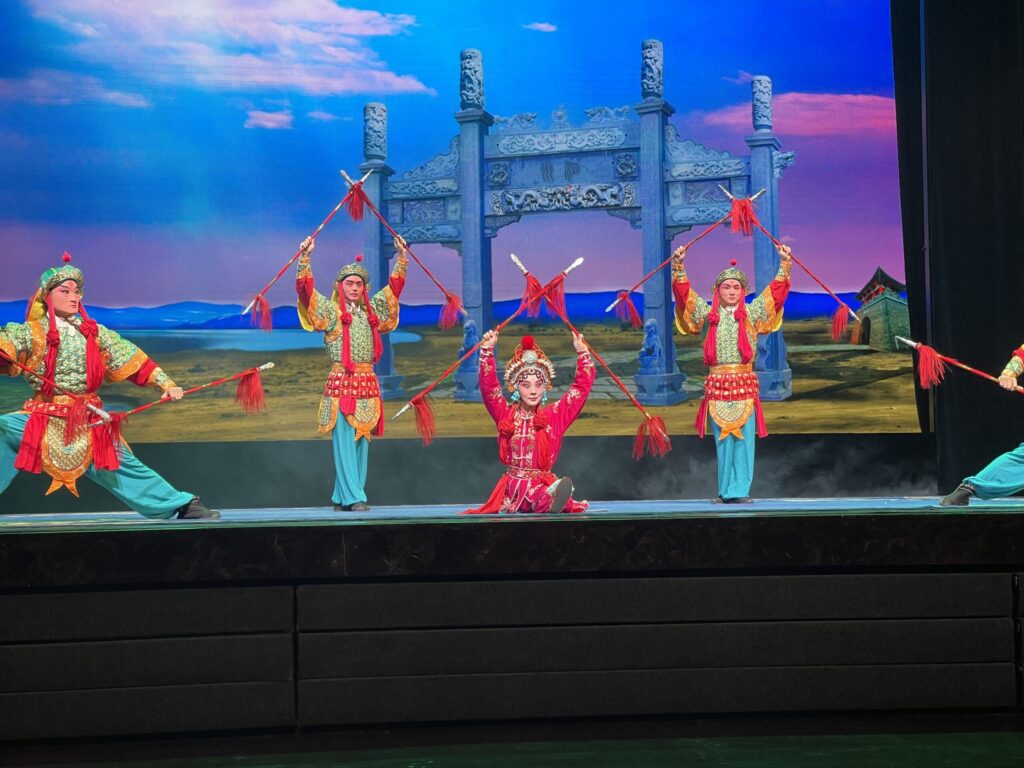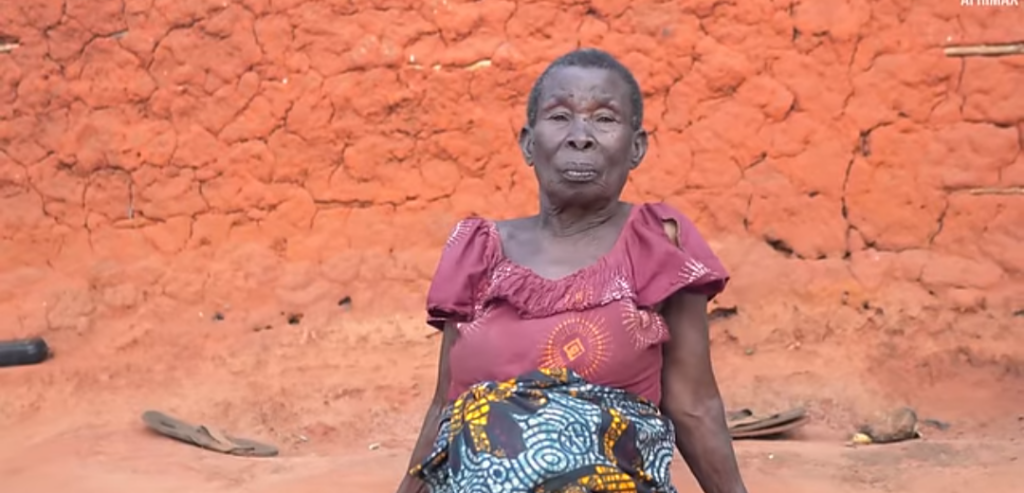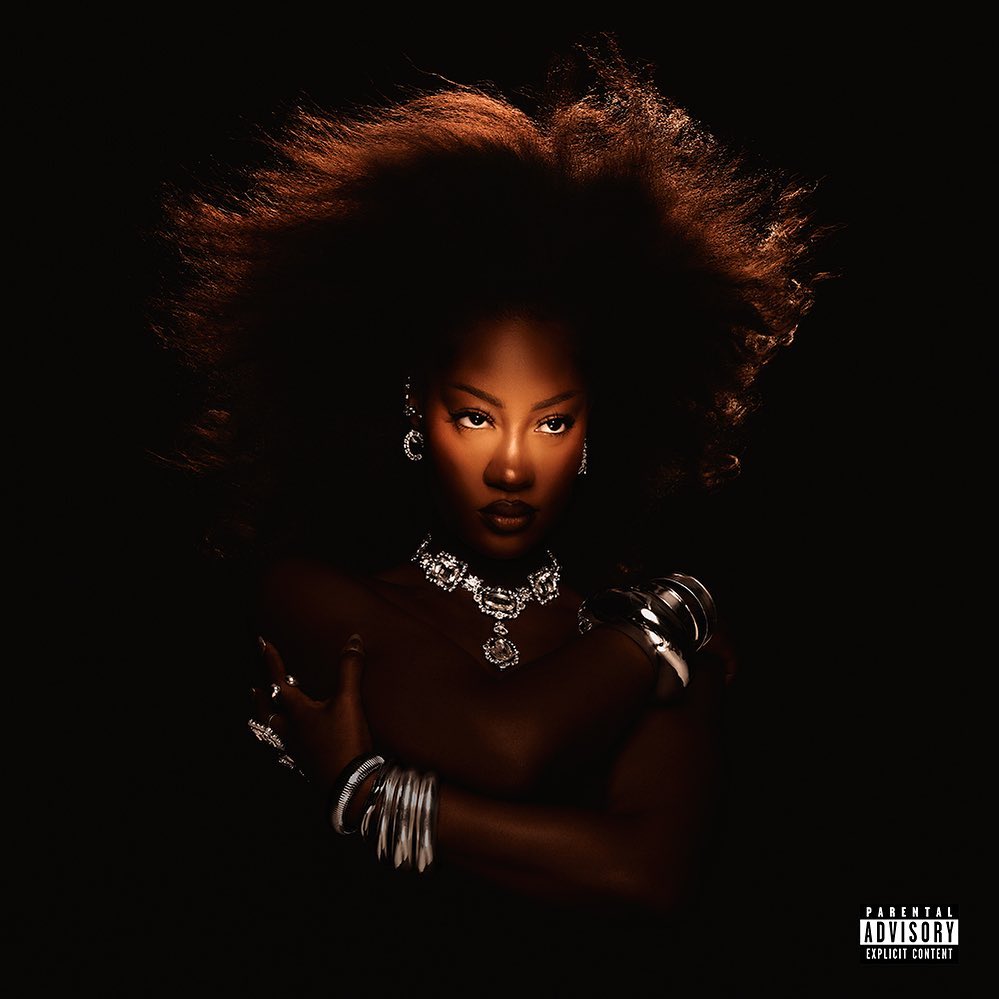
It was an evening of entertainment and display of rich arts, music, and dance, last Thursday as Chinese Wu Opera performers held audiences spell-bound at the Grand Theatre in Jinhua, Zhejiang Province. They had performed alongside African youths.
The performance was part of the side events for the 8th China-African Youth Festival, which opened last Monday in Beijing, China.
The festival brought over 60 youths from different African countries together with their counterparts from China and other parts of the world to exchange ideas on their roles and expectations towards the development of their respective countries and continents in line with President Xi Jinping’s vision of humanity with a common future for mankind.
Following the official opening ceremony in Beijing, the youths were invited to Zhejiang, where they had the privilege of visiting several places of interest, including the Zhejiang Normal University, Jinhua District.
African youths were also conducted on a tour of China-Africa Cultural Exchange Museum and the Engineering College Laboratory.
The youths, alongside foreign media representatives, were later hosted to exciting performances by young African students and Chinese marshal artists – the Wu Opera Troupe.
The Wu Opera stole the show with breadth-taking performances that held the audience spell-bound. The performances did not only show evidence of a long period of practice but also, the rich art culture of the people of China.
The elaborate costumes and make-up, beautiful sceneries and the complex but well-choreographed movements, especially by female members of the opera, contributed to making the evening a refreshing and memorable one.
One of the performances titled, Cui Yaqian (Water Nymph) tells the beautiful story of a water goddess in a dance drama, where she displays her prowess by disguising her true nature.
Her position as the water goddess was expressed through her exquisite costume and the two water jars hanging at each end of the long stick hanging across her shoulders. As she soliloquizes, her melodious voice harmonizes with her slow and steady steps, befitting the goddess that she is.
With absolute confidence and in a voice laden with pride, she reveals her plans to the audience. “In a moment, I morphed into human form. I loathe the citizens and officials of Sizhou for being disrespectful to me.
“I will flood Sizhou with waters from three rivers and lakes”, she boasts. But suddenly, the heaven militia arrives, and the solo movement gives way to war dance. Yet, the water goddess prevails by destroying mortal warriors. Her bravery attracted cheers from the audience.
Commonly known as Jinhua Opera, Wu Opera is a highly celebrated art form in the Jinhua area of Zhejiang. The performance is named after Wuzhou, the historical name for Jinhua. As the second largest opera from the province, Wu Opera has a rich history that has spanned over 500 years
With the approval of the State Council, Wu Opera was, in 2020, included in the second batch of National Intangible Cultural Heritage and was selected as one of the first “Zhejiang Cultural Imprints.”
Representing Africa in the evening of entertainment were students of Zhejiang Normal University. Though they had only drums and devoid of elaborate costume, they were nevertheless able to unleash the fundamental of African traditional song, which is the “Call and Response” pattern. The clapping of hands, tapping of feet and the musical tones that bear evidence of the rich African music and dance culture, took hold of African media representatives, who joined the various artists on stage to explore the rhythm of the moment.
From Ghana in West Africa came a traditional drumming and dance performance called Adowa or Boboobo dance. Using talking drums, they were able to produce sweet rhythms. The dance, which belongs mainly to the Ashanti and Ga tribes of Ghana, is used to welcome high level guests. It is also performed during cultural festivals.













